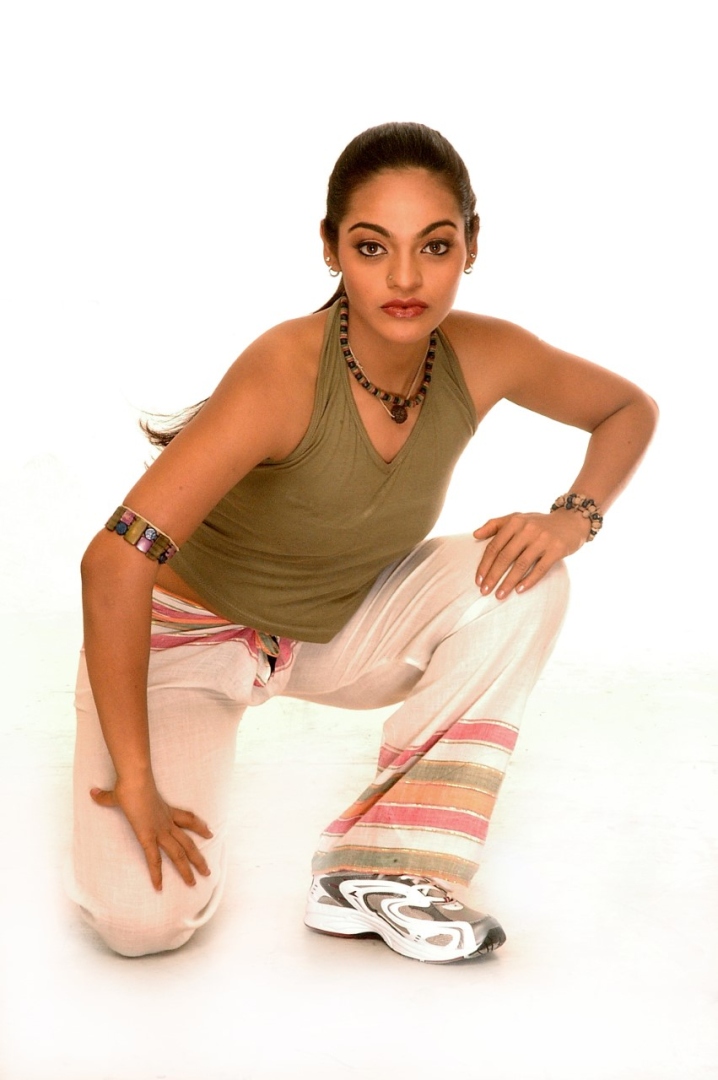
MELBOURNE
Can success in elite-level sports go beyond genes?
We hear success is an outcome of hard work, dedication, discipline, and sacrifice. While such mental faculties influence sporting success, success in sports could also relate to how we train. Take, for instance, choosing diverse movement skills over specialising in one sport.
In 2012, the Summer Olympic Games in London pioneered women to compete in Boxing.
Having represented New Zealand at these games in the sport of boxing, I am asked, "What got you this far? What does it take to be elite?"
I started reflecting on what had influenced my ability to succeed as an elite athlete in an Olympic-level sport.
DEVELOPMENT
My success is often attributed to boxing alone. But the path to my success in sport began at the age of seven when growing up in India my mother enrolled me to learn Bharatanatyam, a traditional Indian dance. Dance gave me muscular strength, endurance, coordination, and spatial awareness. It also needed unwavering dedication and relentless self-discipline. Due to the complex flow of footwork, gestures, facial expressions and sustained mental focus, I grew determined to master the art. Nine consecutive years of training instilled in me these mental and physical attributes.
My early years also included competitive basketball, table tennis, athletics, and learning the violin as a hobby. There was even an opportunity to represent India in basketball at the National Asian School Games. I had a short taste of glory being the first-ever probable selected from Goa. Since I belonged to a family of academics, a future in sports was not approved.
One could summarise my early years by saying that I was a jack of all trades and a master of none. Yes, indeed. But in hindsight, my 10,000 hours had begun.
At the age of 17, I received a national scholarship to advance my study in Bharatanatyam and left home to resettle in Bangalore. Here, while completing a master's degree, I continued playing competitive basketball.
TRANSFERENCE
When I was 24, my family emigrated to New Zealand. Having completed my early years in India, and being an especially active child, I was in desperate need of physical activity. Perhaps a new skill to spark my interest? Indeed, I found something new. Only this time, it was a sport I knew nothing about. It was Boxing.
Boxing was complex and mentally challenging. More than the need for footwork, coordination, and balance, to name the least, boxing also demands discipline, dedication, motivation, and hard work. As I discovered boxing, it felt like dancing where you float like a butterfly to sting like a bee. This felt familiar. It felt like home again. Kapow!
In my early years, I persevered on any activity or skill that captured my interest. This developed an ability to overcome challenges and cultivate dedication and hard work toward achieving a goal. Learning from different movement skills and activities through dance, sports, and music had shaped and sharpened my mind toward mastering a skill and achieving a goal.
SPECIALISATION
Now at 28 years old, I was in peak physical and mental condition. With an opportunity to represent New Zealand in Boxing, I no longer played the jack of all trades. I realised that elite achievement needed a singular focus. I was ready to be the master of one. My childhood sporting and cultural experiences all came together, and I quickly learned the art of boxing.
Did it take 10,000 hours? Oh no. Was it 10,000 hours of quality movement and mental skill development? It was – and it all began at the age of seven.
TAKEAWAY
How can we view the development of children in their early years?
Early years carry opportunities for children to learn different movement skills that later combine to contribute to other complex skills to advance performance/achievement in a single sport or other relevant skills of interest. Diverse learning circumstances also enable them to learn the mental attributes necessary for elite-level competition.
We need to consider the whole personality of the child in their cultural context and develop a range of skills early on. Early and diverse participation, not specialisation, serves the various sporting interests of children, keeping them active while developing their potential to be elite tomorrow.
(The writer is an Olympian who shapes ideas at the intersections of health, sport, and personal wellness. She integrates insights from her diverse educational scholarships and lived experiences to strengthen interdisciplinary thinking in sports, public health, and personal well-being. She may be contacted by email at: siona@sionafernandes.com)